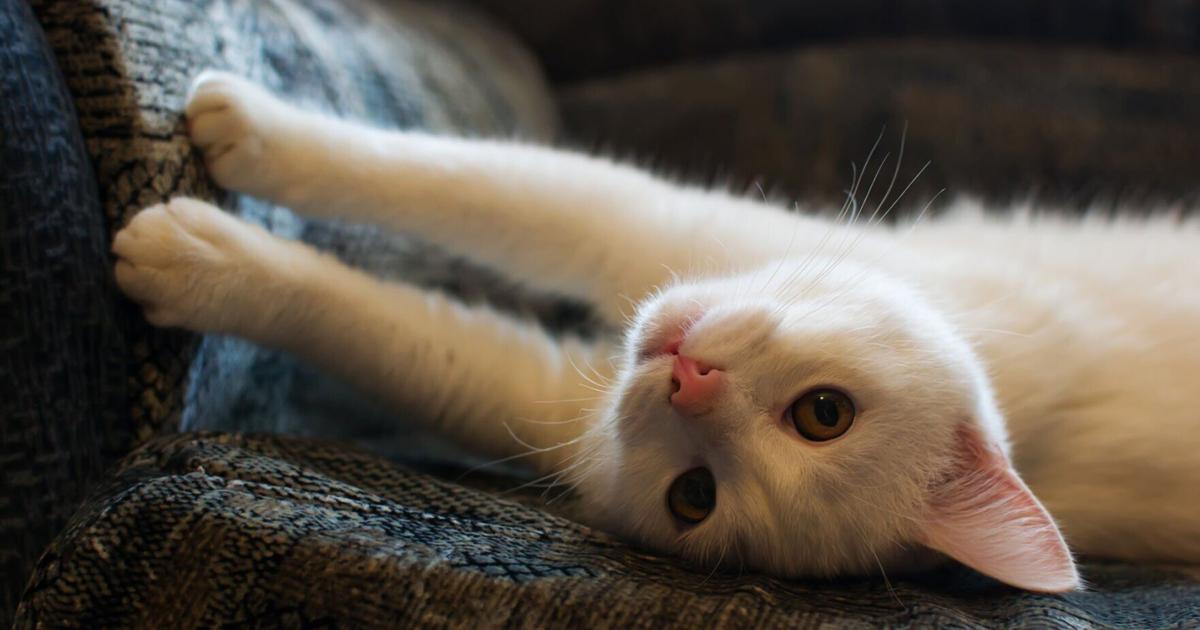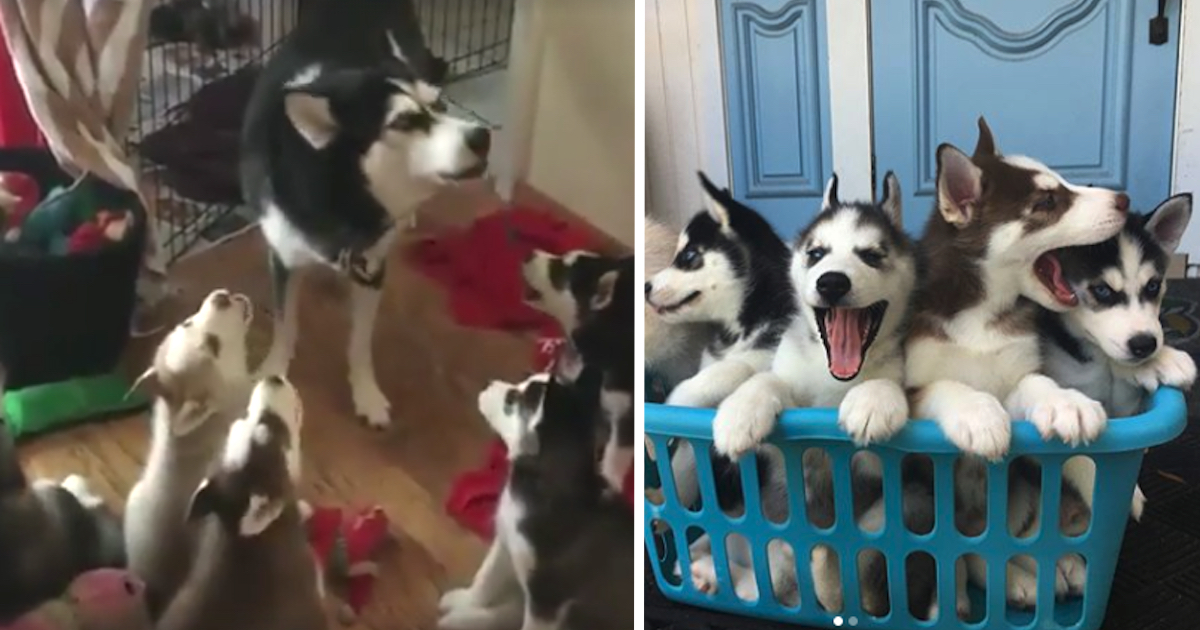My 22-year-old cat died in December. I adopted a 14-month-old kitten from our local shelter. I signed a “No declaw” agreement, but this kitten is crazy in love with clawing me.
Why and what should I do? I don't want to live out much more time with big bleeding scratches almost everywhere on my body. Thank you for your comments and suggestions. (I may get the kitty's declaw done regardless.)
— No name please, Virginia
I want to extend my condolences for the loss of your 22-year-old cat. Because it’s been so long since you have had a kitten in the house, it’s important to remember that kittens (and puppies) are akin to babies who need to learn manners and the house rules.
Before I offer suggestions on redirecting your kitten's behavior, however, it's crucial to understand why declawing is not recommended. Declawing involves amputating a cat's toes at the last joint, leading to long-term pain, phantom pain (like those missing a limb might experience), and behavioral issues.
People are also reading…
Cats rely on their claws for defense and natural behaviors like stretching and marking territory. Removing their claws can result in frustration at not being able to protect themselves, leading to possible negative behaviors, like biting.
A cat may also avoid a litter box due to pain or because it simply feels different under their paws. Through the years, many pet owners tell me they regret getting their cat declawed. I share their thoughts and hope to persuade you not to declaw your cat. Instead, there are humane ways to redirect your cat's natural behaviors.
When a cat scratches your arms, it’s usually a sign of anxiety, agitation, or over-stimulation. It may come from pent-up energy on their part or over-handling or using one’s hands during playtime on your part. Cats exhibit various body language cues indicating when to leave them alone.
Always let the cat initiate contact with you and respect their boundaries. Also, get a feline pheromone collar for your kitty and spray feline pheromones on your clothing each day. These may help your cat relax and learn to accept more contact from you.
I would be remiss if I didn’t mention to you and others humane alternatives to declawing in order to protect furniture. First, provide multiple scratching posts made of different materials such as sisal, cardboard, wood, or carpet, accommodating both vertical and horizontal structures, to determine your cat’s preferences. Encourage and train your kitten to use these posts by gently guiding them to the post when they scratch where they shouldn’t, or by enticing them with treats left at the base or rubbing the scratching post with catnip. Reward them with treats or praise when they use them.
Second, use Sticky Paws tape on furniture to discourage your cat from use, and Soft Paws nail caps on your cat’s nails to protect you and your furniture.
Third, learn how to trim your kitten's claws to minimize their sharpness. Online tutorials are readily available, or your veterinarian can offer guidance.
Finally, cats require a lot of physical and mental enrichment. Provide plenty of toys, climbing structures like cat trees, and interactive playtime to reduce mental and physical anxiety.
Training a kitten to use appropriate scratching surfaces takes time and patience. So, please reconsider getting your cat declawed and try these suggestions instead. With consistency and persistence, you can successfully redirect their behavior without subjecting your cat to the trauma of this surgery.
Callie, our longhaired, miniature longhair black and tan dapple dachshund always preferred my husband over me. But I didn’t realize she thought she was his alpha female and was totally taken by surprise one day when she jumped in my lap, walked up my chest, and peed on me; that little witch.
She never did it again, but she had her own code of “don’t get mad, get even.” And she did, by peeing in obscure places that we had to find to clean and remove the smell. We loved her dearly and were devastated by her unexpected passing in 2020. One of your recent columns took me back to that day and had me laughing. Just had to share.
— Kathy, Norfolk, Virginia
It sounds like Callie had quite the personality. It's not uncommon for pets to have their own ways of communicating, even if it's not always what we expect. It's heartwarming to hear that you were able to look back on those moments with laughter and love. Our furry friends have unique ways of leaving lasting impressions on our lives, don't they? Thanks for sharing.
(Cathy M. Rosenthal is a longtime animal advocate, author, columnist and pet expert who has more than 25 years in the animal welfare field. Send your pet questions, stories and tips to cathy@petpundit.com. Please include your name, city, and state. You can follow her @cathymrosenthal.)





